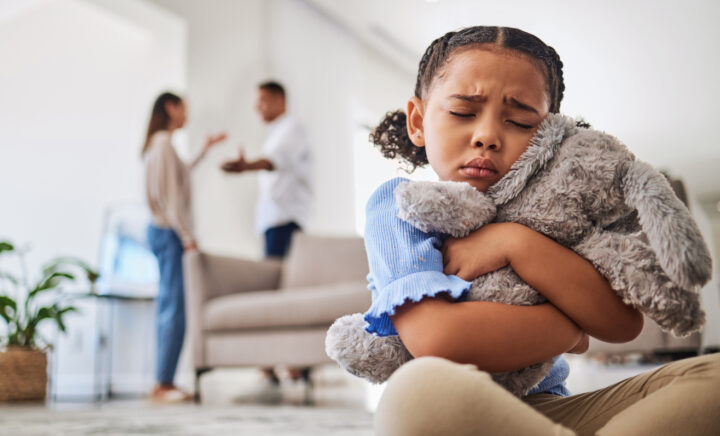Family dynamics don’t just magically fix themselves over generations, unfortunately—someone usually has to do the hard work of changing the pattern.
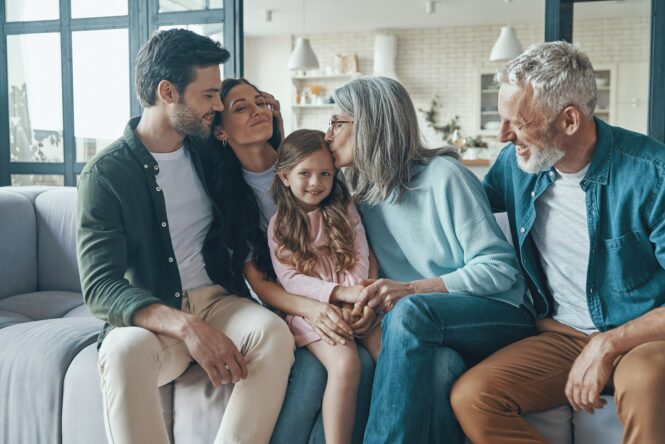
If you grew up watching strained, distant, or painful relationships between your parents and grandparents, and you’ve somehow managed to build something better with your mum and/or dad, that’s no small thing. It’s a real sign of growth, healing, and conscious effort on your part, even if it hasn’t always been easy. Here’s how you know you’ve created a healthier relationship with your parents than the one they had with theirs.
1. You can talk about emotions without it turning into a disaster.
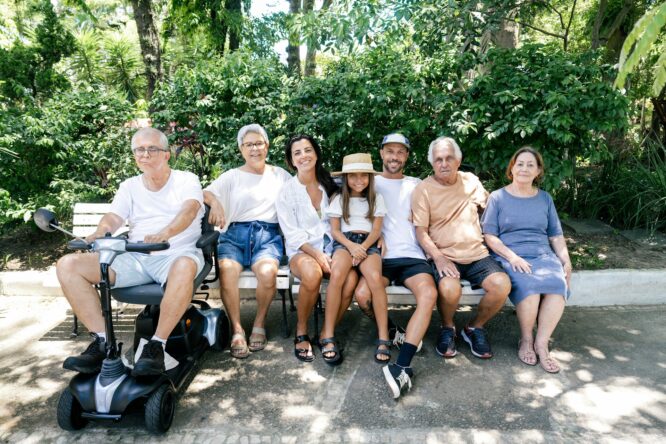
Maybe in the past, any emotional conversation between generations led to shouting, silence, or shame. Now, you and your parents can actually talk about how you feel, even if it’s awkward sometimes, without everything blowing up. Being able to say, “That hurt me,” or “I need some space” without fear of full-blown fallout is a huge sign that you’ve moved into a healthier, more open emotional landscape than the one they grew up in.
2. You don’t feel scared to set boundaries with them.
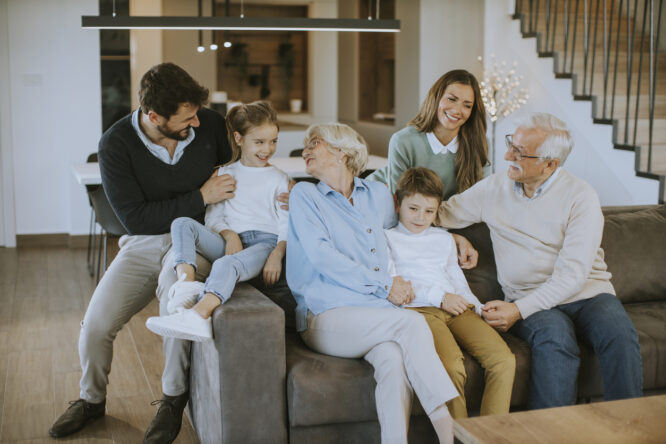
In some families, setting boundaries would have been seen as a betrayal or rejection. However, you’ve learned that healthy relationships actually need clear lines, and you’re able to set them without being swallowed by guilt. Even if your parents don’t always love hearing “no,” they respect it more than perhaps their parents ever did for them, and that’s because you helped change the relationship into healthier territory.
3. You no longer need their approval to define your worth.
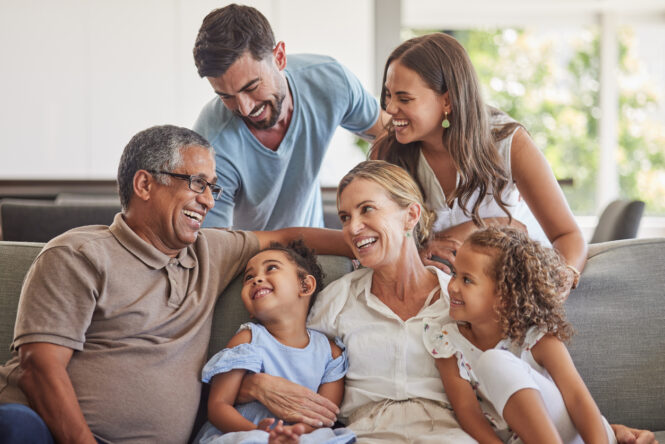
Growing up, generations before you might have been trapped in endless cycles of chasing parental approval that never fully came. You’ve broken that chain by realising you don’t need constant validation from your parents to feel good about yourself. It doesn’t mean you don’t care about their opinions at all; it just means you don’t let their approval (or lack of it) decide who you are. That kind of emotional independence is a massive step forward.
4. You see them as complex humans, not just “parents.”

Instead of viewing your parents through the black-and-white lens of perfect heroes or lifelong villains, you recognise that they’re complicated people who had their own traumas, limits, and blind spots. Seeing their full humanity with compassion but without excusing harm means you’ve evolved past the rigid patterns that kept earlier generations stuck in resentment or idealisation.
5. You’re able to share parts of your life without filtering everything.

Maybe your parents wouldn’t have dared share their hopes, struggles, or big life choices with their own parents. But you’ve created enough safety that you can tell them what’s really going on, not just the filtered, edited version you think they want to hear. Being able to be more authentic, even when your lives or values don’t perfectly match up, is a real sign that the relationship has grown beyond fear into something stronger.
6. You’ve unlearned the idea that love has to be earned.

If past generations were raised believing love was conditional—based on success, obedience, or appearances—you’ve done the work to build a relationship where love is more unconditional and steady. You don’t feel like you have to perform a certain way to be accepted. Whether consciously or not, your parents have learned from you that love doesn’t have to be a transaction.
7. You apologise to each other when necessary.

In some families, apologies just didn’t happen. Adults were “always right,” and kids were expected to fall in line. But now, you and your parents can actually say “I’m sorry” when someone crosses a line or makes a mistake. It’s not about being perfect. It’s about being willing to own up, make repairs, and treat each other like equals—something earlier generations rarely saw in their family homes.
8. You talk about mental health like it’s normal.

For many older generations, therapy, anxiety, or emotional struggles were topics to be hidden, denied, or mocked. However, you’ve helped create a dynamic where talking about mental health isn’t taboo; it’s just part of caring for yourselves. Even if your parents are still catching up to some of the language, the fact that it’s not a forbidden or shameful topic anymore is proof that you’ve pushed the relationship into healthier, more honest ground.
9. You don’t automatically repeat old patterns with your own kids.
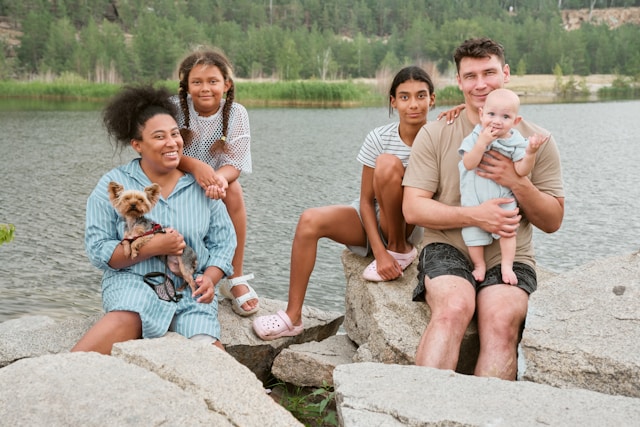
If you’re a parent now, one of the clearest signs of change is noticing that you’re raising your kids differently, with more patience, emotional safety, and freedom to be themselves than you (or your parents) experienced growing up. You’re not just healing yourself. You’re actively breaking cycles and building new ones, which is something many families never got the chance to even imagine doing.
10. You can disagree without feeling like the relationship is at risk.

In many families, disagreement was treated as disrespect, and it often led to distance, punishment, or silent treatment. You’ve changed things by making disagreement safe, even if it’s uncomfortable sometimes. Disagreeing about politics, careers, relationships, or life choices doesn’t automatically mean everything falls apart anymore, and that’s because you’ve helped create sturdier foundations of trust and respect.
11. You forgive them, but you don’t excuse harmful patterns.
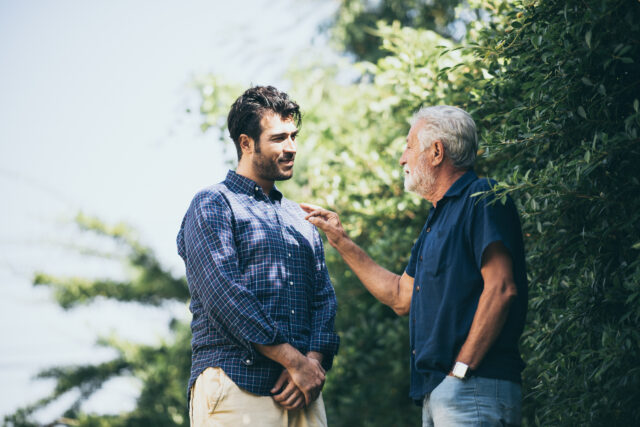
You’re able to hold two truths at once: recognising the harm that was done while also making the conscious choice to forgive. You don’t have to pretend nothing happened. Instead, you’re choosing your peace without losing your clarity. Forgiveness, when it’s real and not forced, is one of the most powerful signs that you’re living in a healthier emotional space than the generations that came before you.
12. You allow space for them to change (or not) without it defining you.

Sometimes, parents grow and meet you in the middle. Sometimes they don’t. A healthy relationship means you can hope for change but not hinge your whole self-worth or happiness on whether it happens. That balance—loving them while still protecting your own peace—shows you’ve stepped out of the old, exhausting dynamic where your happiness depended entirely on their behaviour.
13. You recognise when you need distance without guilt.

Earlier generations were often taught to “stick it out” no matter how unhealthy the relationship was. You’ve learned that sometimes love looks like space, time, or new boundaries, and you don’t drown in guilt for needing those things. Choosing what’s healthiest for you, even if it’s uncomfortable, is a huge shift from the loyalty-at-all-costs mentality that kept so many families stuck in cycles of harm.
14. You celebrate milestones together without hidden agendas.

Family celebrations used to come with strings attached: expectations, comparisons, obligations. Now, when you share your wins or big life moments, it’s out of real connection, not duty or performance. Being able to say “I got a promotion!” or “We’re moving!” and feeling genuine support, not judgement or jealousy, is a beautiful sign that your relationship has grown beyond old wounds into something sturdier and more joyful.
15. You feel more like allies than adversaries.
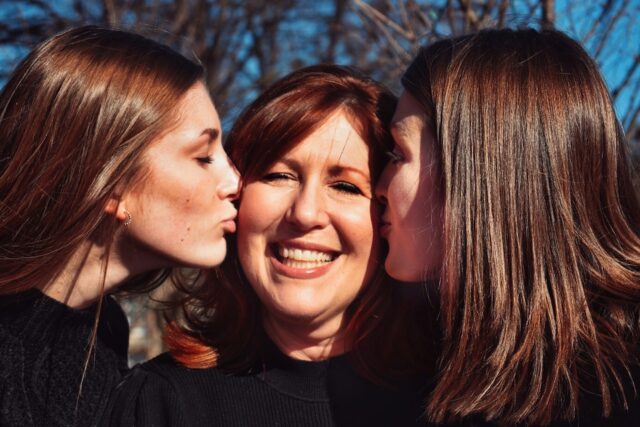
At the end of the day, the biggest sign is this: you’re not on opposite teams anymore. You’re not locked in endless battles for power, approval, or control. You’re working with each other, not against each other. That change from survival mode into mutual respect and real connection is something generations before you might not have had. And it’s proof that you’ve done incredibly important, life-changing work without even always realising it.

